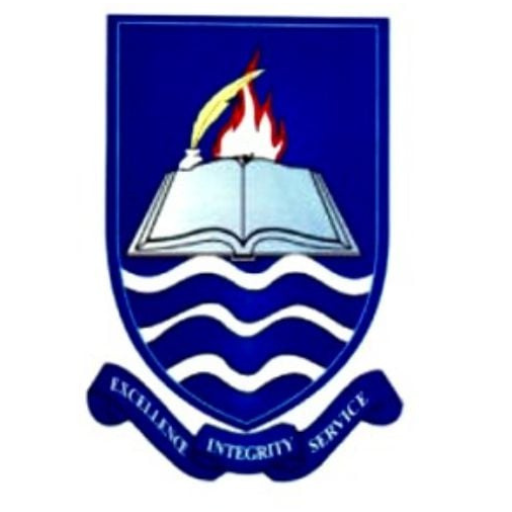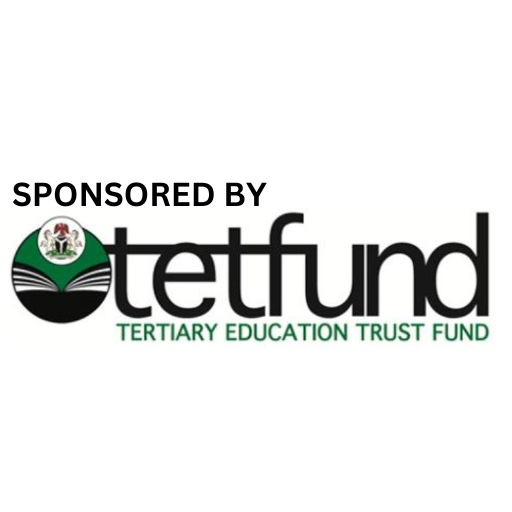Effect of Field-Trip Teaching Strategy on Students’ Interest and Achievement in Pollution Studies in Akwanga, Nasarawa State
DOI:
https://doi.org/10.63561/fnas-jmse.v6i4.919Keywords:
Field Trip, Teaching Strategy, Student Interest, Academic Performance, PollutionAbstract
This research explored the impact of the field trip instructional method on the interest and academic performance of secondary school students in the topic of pollution within Akwanga Local Government Area, Nasarawa State, Nigeria. The main objective was to assess whether this experiential learning approach yields better outcomes than traditional classroom teaching. The study was guided by four research questions and tested four corresponding null hypotheses at a 0.05 significance level. A quasi-experimental design, specifically the non-equivalent pre-test and post-test control group model was employed. The sample consisted of 80 Senior Secondary One (SS I) students (45 boys and 35 girls), selected from a total population of 1,320 SS I students across 16 schools in the area. Two intact classes were chosen through a multi-stage sampling procedure and were randomly assigned to either an experimental or control group. Two instruments developed and validated by the researchers were used for data collection: the Pollution Achievement Test (PAT) and the Interest Scale on Pollution (ISP). The PAT had a split-half reliability coefficient of 0.78, while the ISP had a Cronbach Alpha reliability of 0.82. Both groups received instruction on pollution for a period of three weeks. The experimental group was taught using the field trip approach, while the control group received conventional instruction. Descriptive statistics (mean and standard deviation) were used to analyze the research questions, and t-tests were applied to test the hypotheses. Results showed that the field trip strategy significantly enhanced students' interest and academic achievement in pollution. No significant differences were observed between male and
female students in terms of interest levels. Specifically, there was a statistically significant difference in achievement scores between students taught using field trips and those taught conventionally: t(78) = 11.83, p< 0.05. However, gender did not significantly influence interest: t(38) = 1.28, p> 0.05. The study recommends the integration of field trips into science and environmental education curricula, improved teacher training in experiential methods, and stronger institutional support to promote active learning.
References
Achor, E. E., Amadu, S. O., & Orokpo, O. F. (2019). Effect of field trip and demonstration methods on students’ achievement in ecology. Journal of Science Education and Technology, 28(2), 145–154.
Adegbite, O. (2020). The effect of field trips on students' enthusiasm and motivation in environmental science. International Journal of
Environmental Education, 8(3), 120-135.
Alabi, J., &Oyetunde, S. (2024). Bridging the gap between theoretical knowledge and practical application in science education: The
role of field trips. International Journal of Science Teaching, 12(1), 33-49.
Adesina, A., & Gabriel, E. (2023). Emerging trends and challenges in science education. Shodh Sari – An Multidisciplinary Journal, 2(3), 358–371. https://doi.org /10.59231/SARI7612.
Akpan A.O., Umanah F., & Abasi, A. ( 2025) effects of virtual-field-trip and field-experience strategies on performance in air pollution among college of education students in Akwa Ibom State, Nigeria. Federal University Gusau Faculty of Education Journal 5(3):110-117
DOI:10.64348/zije.202539
Chinyere A., Nnaemeka C., Edache O. (2022) Environmental Challenges Awareness in Nigeria: A Review African Journal of Environment and Natural Science Research 5(2):1-14 . DOI: 10.52589
Egwu, S. O., & Okigbo, E. C. (2021). Effect of field trip on secondary school students’ academic achievement in ecology in Anambra State, Nigeria. South Eastern Journal of Research and Sustainable Development, 4(1), 112–123.
Ekpo, E. O., & Ehi, O. M. (2022). Effects of field trip method on students’ academic achievement and retention in basic science and technology. IJRDO–Journal of Applied Science, 8(9), 20–27. https://doi.org/10.53555/as.v8i9.5252
Eze, C. (2020). The role of experiential learning in understanding pollution and environmental sustainability. African Journal of
Environmental Science, 7(3), 54-70.
Hunaepi, Ketut s., Wayan S. ( 2024 ). Curiosity in science learning: A systematic literature review. International Journal of Essential Competencies in Education. 3( 1). 77-105.
James, T., & Apata, F. S. (2014). An investigation of the effectiveness of field trips on academic achievement of basic science students in Lagos State. Journal of Science and Technology Education, 15(1), 45–56.
Nwachukwu D., Nwelue K., Chigozie C. & Geraldine A. (2018). Effects of household waste generation, disposal and management on farmers’ health in owerri metropolis of Imo State, Nigeria. International Journal of Environment Agriculture and Biotechnology 3(5):1845-1853 . DOI:10.22161/ijeab/3.5.37
Ojo, A., & Balogun, F. (2023). Analytical and reasoning skills in science students: The impact of guided field trips. Science Education
and Research Journal, 16(3), 144-162.
Okafor, E., & Ibrahim, T. (2021). Challenges in implementing field-trip-based instruction in Nigerian schools. Journal of Education and Development, 9(3), 67-82.
Okolocha, C., Adeleye, J., & Olatunji, M. (2020). Effects of teaching method and gender on academic achievement of secondary school students in financial accounting in Oyo State. Al-Hikmah Journal of Educational Management and Counselling, 2(1), 101–112.
Oladejo, M., Olosunde,G., & Isola, A. ( 2021). Effect of using standardized and improvised instructional materials on academic achievement of secondary school physics students in Oyo State, Nigeria. European Journal of Humanities and social sciences. 2(1). 45 -56.
Oladejo, M. A., Olosunde, G. R., Ojebisi, A. O., & Isola, O. M. (2021). Instructional materials and students’ academic achievement in physics: Some policy implications. European Journal of Educational Studies, 7(3), 13–24.
Oluwaseun, B., & Bello, K. (2019). Pollution and environmental degradation in Nigeria: A case study approach. Journal of Environmental Studies, 7(1), 88-105.
Sambo, M., Olayinka, A., & Sabo, H. (2022). Stimulating and sustaining student interest in science education. International Journal of Educational Psychology, 14(3), 33-50.
UNESCO. (2020). The role of experiential learning in sustainable development education. UNESCO Publishing.
Problem-solving and inquiry-based learning through field trips. West African Journal of Science and Technology, 12(4), 99-120.
Uwah, I. V., & Amadioha, A. (2025). Effects of field trip on secondary school students’ motivation and achievement in civic education in Uyo Educational Zone, Nigeria. European–American Journal of Social Sciences, 13(1). https://eajournals.org
West African Examinations Council (WAEC). (2022). Chief Examiner’s Report on Candidates’ Performance in Biology. WAEC Publications. https://www.waec.org.ng







